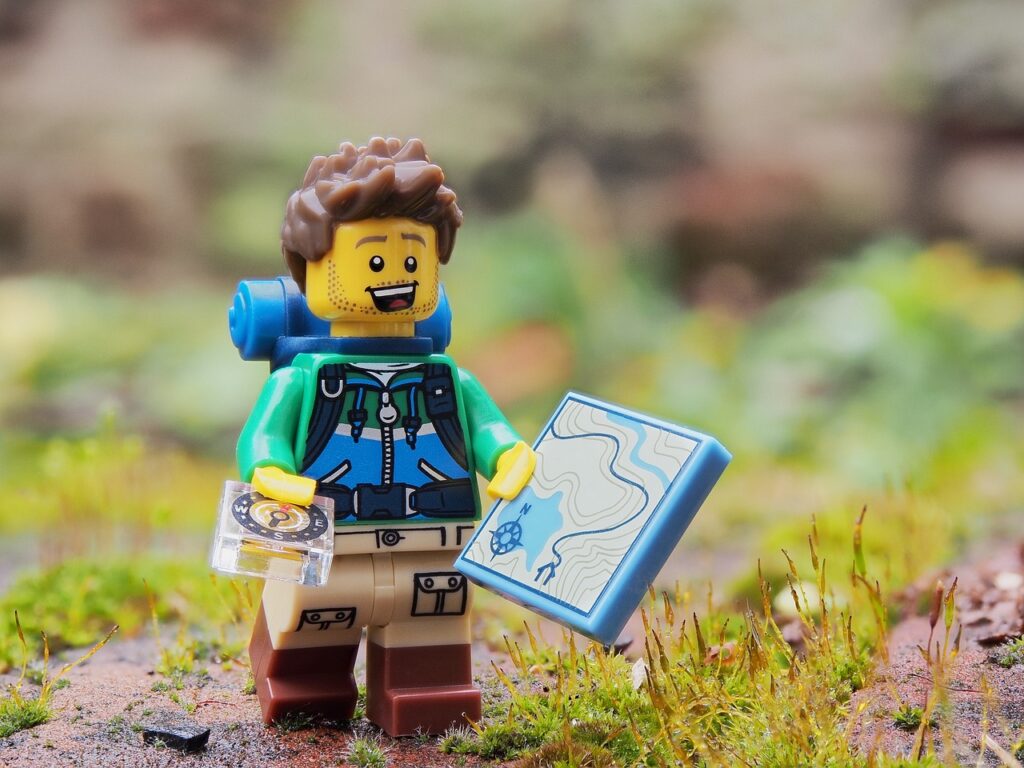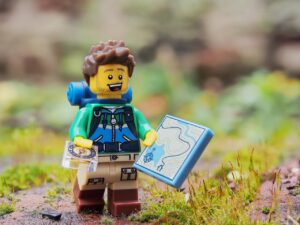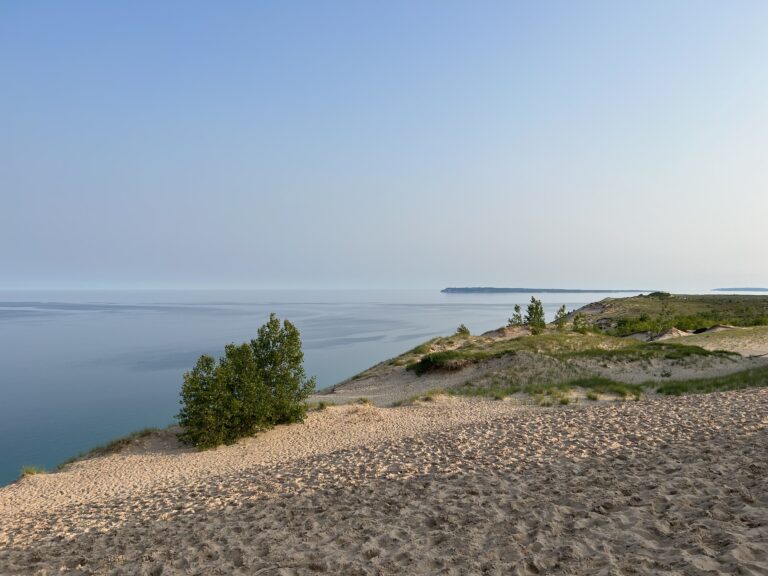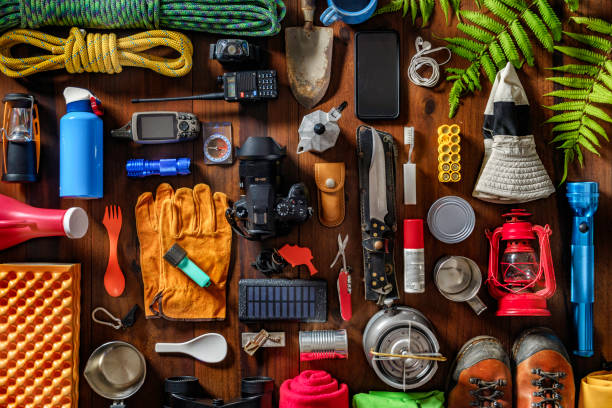Last Updated on April 3, 2024 by ETC Team

Outdoor hiking can be a very rewarding and refreshing activity. The warmth of the sun on your face, the sights and sounds of nature around you, and the connection to the trail you get with every step of your boots. With the right hiking essentials, not only are these experiences enjoyable, but they are good for you, too.
Hiking is proven to have many health benefits, ranging from the physical exercise you get from moving on the trail, to the mental and emotional relief that comes from time spent in nature.
To make the most of this activity without any difficulties you should carry proper hiking essentials. Regular hikers are aware of the must-haves for hiking and trekking. However, beginners can be at a loss as to what items are needed and how to prepare.
You can encounter all types of terrain, weather, wildlife, etc. that can make even the shortest hike a memorable adventure. And a little preparation before you set out can make all the difference and help keep you happy and healthy for the many beautiful trails the world has to explore.
Whether you plan to be gone for a couple hours, several days, or several months, make sure to pack these key items. Become familiar with these items and know how to use them.
The Basic List: 10 Hiking Essentials for Beginners
- Appropriate Footwear: Your feet are typically your go-to on a hiking adventure. You want them happy and healthy. Think about traction, support, and protection. These are key when selecting well-fitting boots or shoes.
- Navigation: Phones and GPS devices are handy but they aren’t always reliable especially in remote areas. Maps and a compass are tried-and-true. Consider carrying a paper map and compass as a backup and know how to use them.
- Water: As a rule of thumb, plan for half a liter of water per hour in moderate temperatures/terrain. You should carry enough for your trip. It’s also a good idea to have a way to purify water just in case.
- Food: Pack calorie-dense foods to help fuel your hike, and carry additional portions in case you are away longer than expected.
- Clothing: Rain gear and fast drying layers are a good idea to have. The weather forecast is not always reliable. Dress in layers to adjust to changing weather and activity levels. Moisture-wicking items are typically lightweight, comfortable, and dry fast.
- Safety Items: Flashlight or headlamp, whistle, and items to start a fire. Having these items will give the means to see the trail and your map in the dark, start an emergency fire, and signal for help.
- First Aid Kit: Supplies for treating illness or injury and the knowledge to use them. Classes are available to provide the skills needed to administer first aid and CPR.
- Knife or Multi-Tool: With it’s countless uses, a multi-tool can help with anything from repairing gear to first aid.
- Sun Protection: Sunscreen, sunglasses, and sun-protective clothing are needed to block UV rays while outdoors. These should be used in every season regardless of temperature or cloud cover.
- Shelter: Protection form the elements in the event you are stranded or injured is essential. This can be something lightweight and inexpensive such as a tarp or space blanket.




[…] Preparation is key for any outdoor adventure. Many packs have features to ensure you’re ready for rain, wind, or snow. Although many packs are water resistant, not all are waterproof . […]
[…] the ground! There’s plenty of fun for people who love the great outdoors, including rafting, hiking, and camping. If traipsing along the edge of a dangerous canyon isn’t your thing, you can […]
[…] a worthy Hiking Binocular is a significant investment. Indeed, Binoculars are a must-have for hikers. They are used to enhance the vision and see faraway objects […]
[…] National Lakeshore, just off M-109 an all-sand, 3.5 mile hike over massive dunes awaits. After a hardy hike you are a short trip back to town for a delicious […]
[…] 10 Hiking Essentials For Beginners […]
[…] be rewarding, but on a camping trip the opportunity presents itself to go fishing, swimming, hiking, and biking, not to mention all the fun lawn-style games you might be able to tackle, like […]